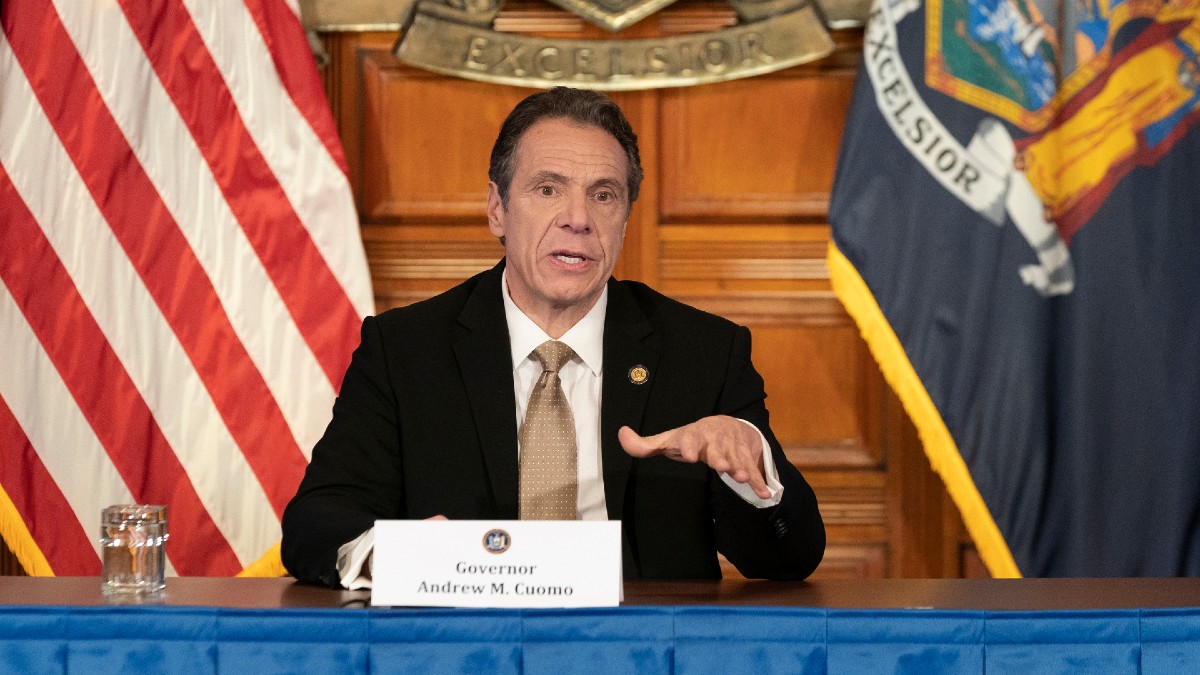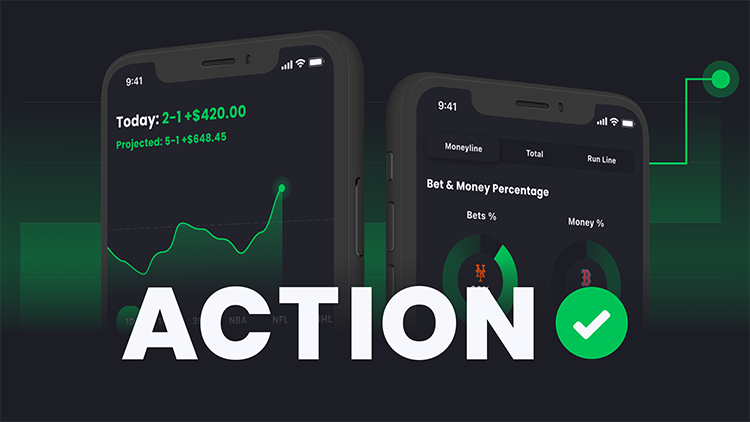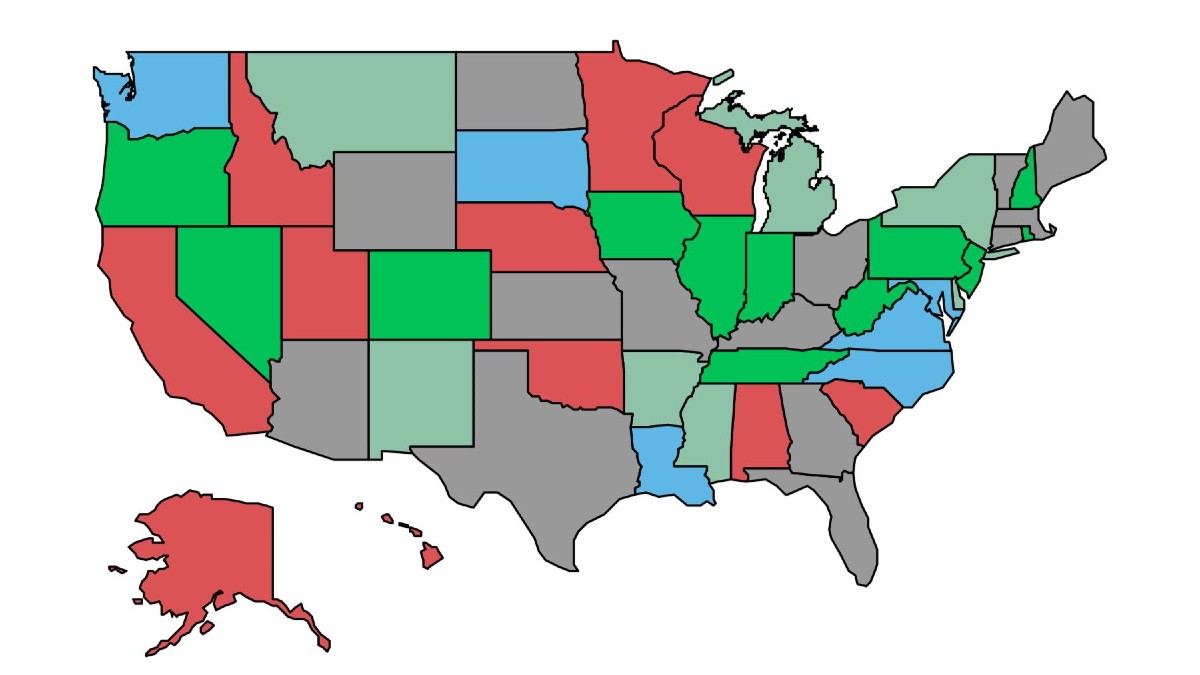
Lev Radin/Pacific Press/LightRocket via Getty Images. Pictured: Andrew Cuomo.
The watch continues for what could be 2021’s most consequential sports betting legislation. Here’s what we know heading into New York’s April 1 budget deadline.
New York May Miss Deadline
Elected officials have introduced only one piece of the projected $200 billion budget as of 4 p.m. local time Tuesday and reportedly may miss the April 1 budget deadline.
The legislature and Gov. Andrew Cuomo’s office are still hammering out major issues, including tax increases on the wealthiest New Yorkers, tax cuts on the middle class and a host of other matters in constructing the nation’s largest single-state budget. The Buffalo News reports this could delay the massive upcoming fiscal year budget’s ratification.
Mobile sports betting authorization included in both the state Assembly and Senate budget could also be in jeopardy. Lawmakers and Cuomo have been at odds for months about the legislature’s preferred competitive model operator and the governor’s limited or single-operator model.
Under New York law, the budget legislation must “age” for three days before it can pass, though Cuomo can waive that period. If not, policymakers will have technically already missed Thursday’s deadline.
Despite the delays, elected officials are reportedly still working to finish budget negotiations ahead of Easter weekend. Notably, lawmakers are not paid each day they fail to pass a budget after April 1.
Competitive Model Backers Grow Pessimistic
The optimism of the legislature’s biggest sports betting backers reached new heights earlier this month after lawmakers in both chambers overwhelmingly supported competitive-model sports betting as part of the larger budget bills. Three weeks later, these same backers’ hopes are dwindling.
Sen. Joseph Addabbo Jr., perennially the Senate’s biggest mobile sports betting champion, told The Action Network that stalled negations with Cuomo have dropped mobile sports betting inclusion from “80/20” to “50/50.” Elected officials are now working through the two competing models — or a third option that excludes mobile wagering from the budget.
Mobile sports betting is a minuscule part of the larger spending discussion; Cuomo estimates $500 million in annual wagering tax revenues, which is roughly 0.25 percent of the total budget. More financially consequential issues will dictate the budget’s passage and could push sports wagering to the political backburner.
The legislature’s supporters had hoped the deadline crunch could force Cuomo’s hand. It appears after three months of negotiations, the two sides are no closer than where they started.
Meanwhile, Cuomo’s sexual misconduct accusations and criticism for his handling of COVID-19-related nursing home deaths have thus far not derailed his formidable political standing in state politics, even as fellow Democrats call for his resignation. Additionally, the federal government’s latest COVID relief package alleviated much of New York’s projected $15-billion budget shortfall, reducing much of the urgency for smaller revenue-generating proposals such as online sports betting and recreational marijuana legalization.
Other Avenues Remain as Challenges Loom
Sports betting’s exclusion from the budget is a brutal political blow, but not a logistical death sentence.
New York’s 2021 legislative session extends to mid-June, giving elected officials more than two months to pass a standalone sports betting bill. Policymakers announced Tuesday they had excluded marijuana legalization — one of Cuomo’s major policy goals — from the budget legislation so they could pass a specific bill.
That doesn’t mean a standalone bill is more politically viable. Sports betting’s comparatively minor financial impact would also help it latch on to the far larger budget bill; it would be politically implausible for lawmakers to oppose such a massive, must-pass bill because of a minute fraction of its overall spending plans.
Instead, Cuomo could stand firm against an independent sports betting bill he opposes. If his fellow Democrats still pushed the bill, his veto threat (real or imagined) could stop progress and make an override politically painful.
The silver lining is mobile sports betting has already cleared more hurdles than similar efforts in each of the past two years.
Cuomo shook up the sports betting world in January when he supported mobile sports betting after years of dismissing it as a financial rounding error in the state’s broader spending plan that would require a constitutional amendment. The financial impact aside, Cuomo’s newfound mobile wagering support sans amendment requirement effectively clears one major hurdle should New York sports betting ever pass out of the legislature.
What Will Happen?
New York’s notoriously complex and tight-lipped budgeting process means it’s too early to tell definitively when, how or if sports betting will be included. Indications from those closest to the situation and the seemingly inevitable delay, however, are not good omens.
A 10-week bonus negotiation window could help jumpstart talks, but there’s little indication Cuomo or lawmakers are willing to budge.
Cuomo believes his plan that bids one or a limited number of licenses between existing New York retail sportsbook operators will generate the most tax revenue for the state. The winning sportsbook or sportsbooks would pay massive tax rates to the state in exchange for de facto monopoly or oligopoly rights, creating the greatest direct money for New York government coffers.
Lawmakers argue a competitive model will allow New York to compete with the sports betting market in New Jersey, which generates an estimated 20 percent of its revenue from New Yorkers, and the far larger black market. The $12 million charged to each of the 14 sportsbook licenses in the legislature’s proposal would also generate more than $150 million in direct initial licensing payments, plus future renewal licensing fees.
That impasse hasn’t changed for months. Until it does, New York sports betting won’t be included in the upcoming fiscal year budget — or any other legislation in the near future.

